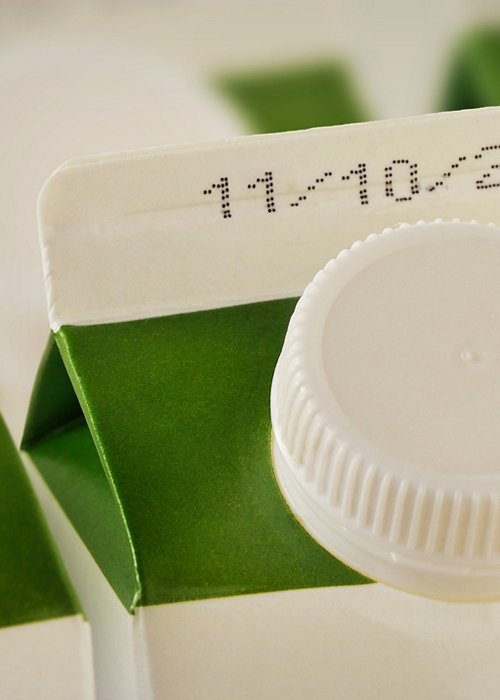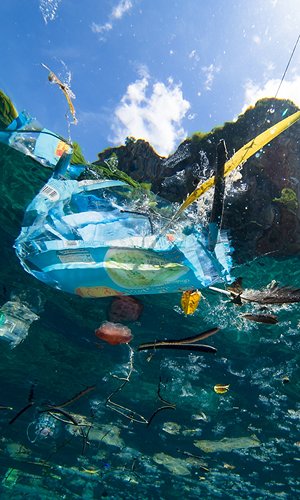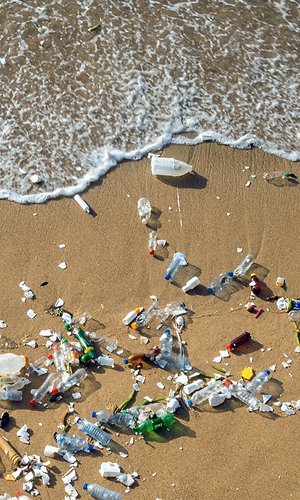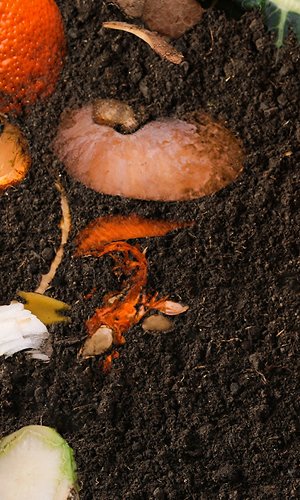The desire to reduce food waste and plastic pollution has given rise, in a laboratory at the Tor Vergata University in Rome, to SPlastica, an innovative project by Emanuela Gatto and Raffaella Lettieri, two researchers who have succeeded in producing a bioplastic from milk past its use-by date.
What motivated the researchers to create this new, fully biodegradable material was the need to find solutions to plastic pollution: every year we produce 400 million tonnes of plastic, of which around 300 million tonnes are discarded as waste, often dumped in the environment. An estimated 8 million tonnes of plastic end up in the seas and oceans every year. Alongside this now well-known problem is that of food waste.
The researchers chose to use milk as the raw material for the production of the bioplastic. In Italy, in fact, around 12 million tonnes of milk are produced every year, 2-4% of which is wasted because milk has a short life span and, therefore, once past its use-by date, it must be disposed of as waste.
The material, obtained after years of testing and research, is a hard bioplastic that is compostable and biodegradable both in soil and in the marine environment. This means that, if it inadvertently ends up in seawater, the product will decompose into simpler substances without posing a problem for marine fauna and flora. Moreover, since it is compostable, it could form a new material that could help new plants to grow by fertilising the soil.
The first prototypes were produced in 2018. The product was then perfected and became attractive to companies when the researchers switched to the production of granules. In this format, SPlastica can be loaded into industrial machines that process plastics and then produce all kinds of objects. At present, the production capacity for this material is still limited, but the intention of Emanuela Gatto, Raffaella Lettieri and all the other researchers working on the project is to expand production so that it can be introduced into large-scale distribution.





